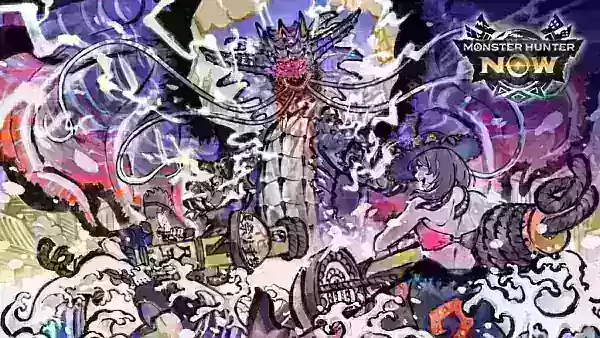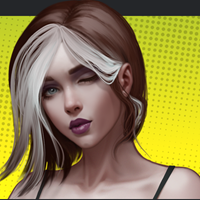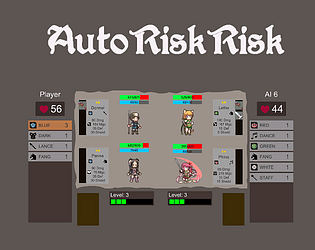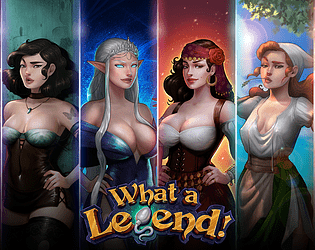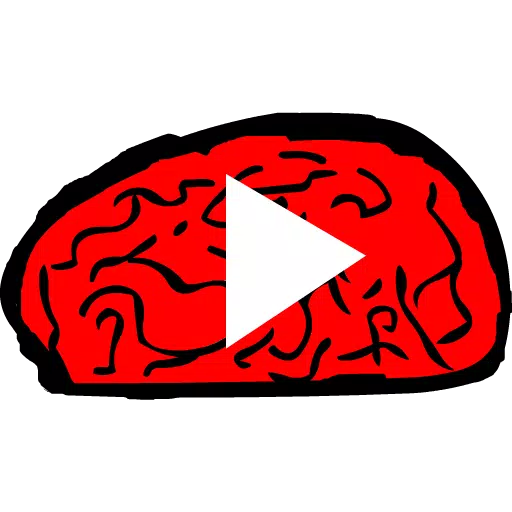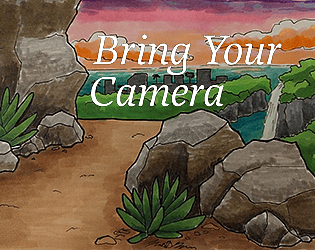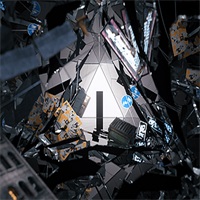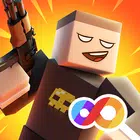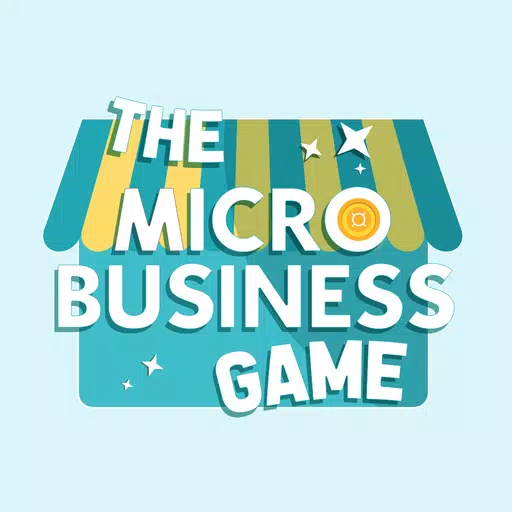EA Shuts Down Origin, Impacts Some Users
EA's Origin App was introduced in 2011, offering a digital storefront for purchasing EA's PC games as an alternative to Steam. A significant launch during this period was the strict requirement of Origin for playing Mass Effect 3 in 2012. Despite this, the platform struggled to gain traction due to its clunky user experience and cumbersome login processes, leading many PC gamers to avoid it. EA persisted with Origin but has recently decided to replace it with the EA app, which has faced similar criticism for its user interface.
The transition to the EA app comes with several challenges. For instance, if you own games like Titanfall on Origin and can't access your account, you risk losing your purchased games unless you formally switch to an EA account. Additionally, the EA app only supports 64-bit operating systems, leaving users with 32-bit systems behind. While this may not affect many users—given that Steam also dropped 32-bit support in early 2024 and that recent PCs typically run 64-bit OS—it's worth noting that Microsoft sold 32-bit versions of Windows 10 until 2020. If you're on Windows 11, you're in the clear, as 64-bit support has been standard since Windows Vista nearly two decades ago.
To check if your system is 32-bit or 64-bit, look at your RAM usage. A 32-bit OS can only utilize up to 4GB of RAM, so if your system has more, you're likely running a 64-bit OS. If you've mistakenly installed a 32-bit version of Windows, you'll need to wipe your system and reinstall a 64-bit version to continue using the EA app.
While the discontinuation of 32-bit system support isn't surprising in 2024, it raises concerns about digital ownership. Losing access to a game library due to hardware changes can be frustrating. Steam faces similar issues, as Valve has also dropped support for 32-bit systems, impacting players unable to upgrade to modern hardware.
The rise of invasive digital DRM solutions like Denuvo adds another layer of complexity, as these often require deep system access or impose arbitrary installation limits, despite the game being legitimately purchased.
One solution to preserve a digital library is to support platforms like GOG, run by CD Projekt. GOG's DRM-free approach ensures that once you download a game, you own it indefinitely on any supported hardware. While this model opens up possibilities for software piracy, it hasn't deterred new releases such as the upcoming RPG "Kingdom Come: Deliverance 2," which is slated to launch on GOG.
-
Niantic has unveiled new information about the upcoming Sea of Monsters event in Monster Hunter Now. This event is part of the Summer Hunt 2025, introducing the formidable Elder Dragon Namielle to the game for the very first time.Namielle Is Truly UnAuthor : George Dec 20,2025
-
Spring has arrived, ushering in fresh anime and manga adventures. Whether you're eager to explore a new series reportedly gaining buzz or expand your collection with beloved titles, the Spring ShonenAuthor : Nora Dec 19,2025
- Spring Valley Farm Game: January 2025 Redeem Codes
- WWE Superstars Join Call of Duty Warzone: Mobile Roster
- Midnight Girl is a minimalist point-and-click adventure set in Paris in the 60s, now open for pre-orders on mobile
- Mobile Legends: Bang Bang – Best Lukas Build
- "Grand Outlaws Unleashes Chaos and Crime on Android Soft Launch"
- Video Game Song Surpasses 100 Million Streams on Spotify

